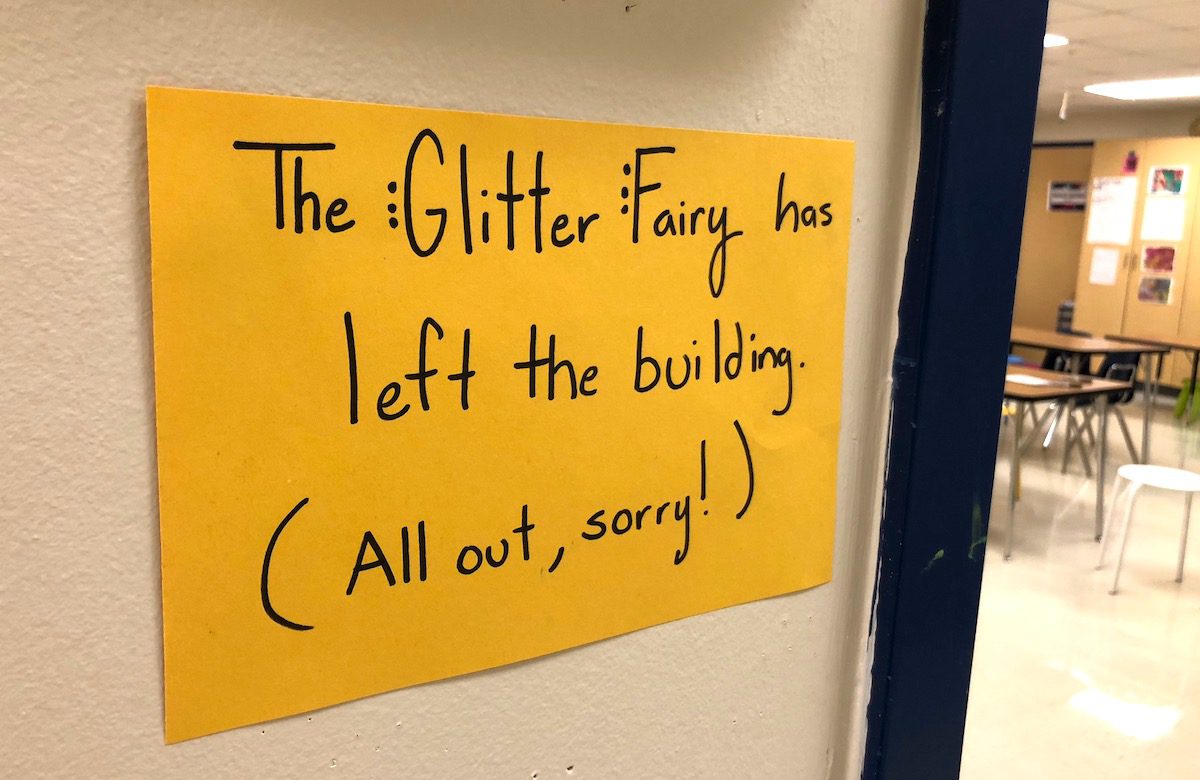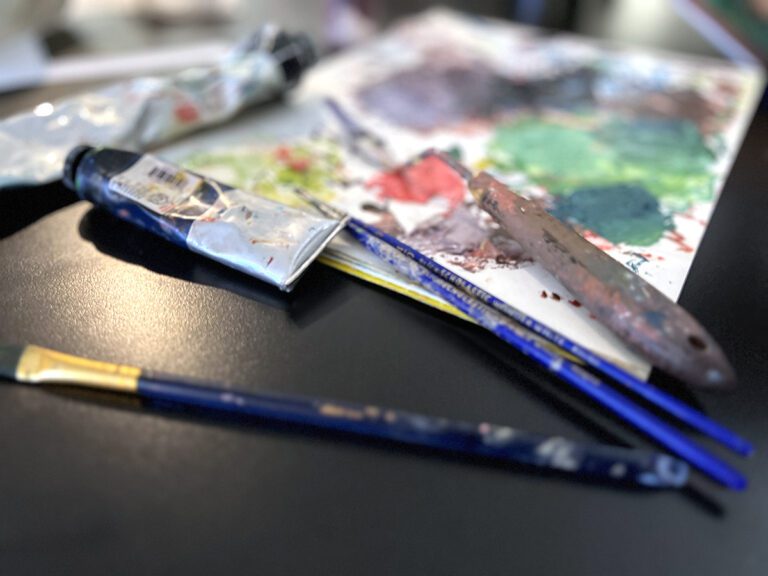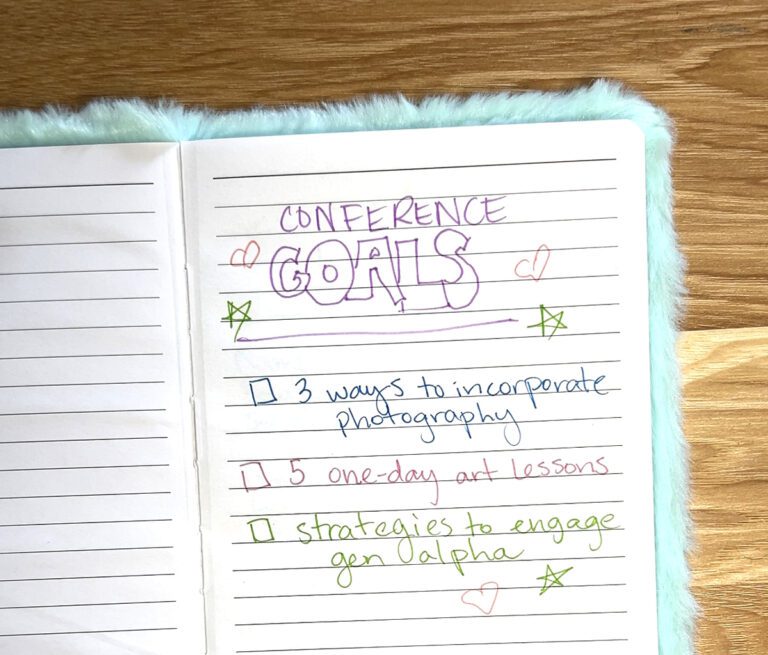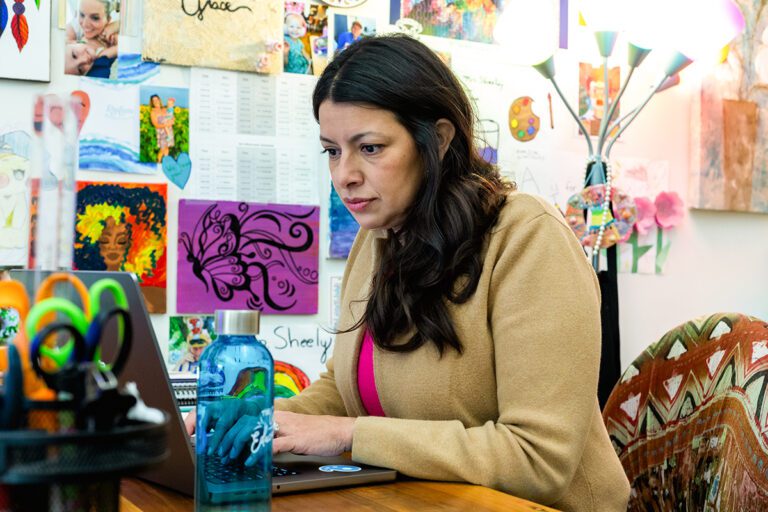Winter break is right around the corner, but it feels like it can’t come fast enough. The days are becoming longer, and students are getting more rambunctious as the last few weeks go by. Some days, it’s hard to find the energy as you’ve given it your all, working hard for countless hours these last few months. Even though we have a true passion and love for our career, it is important to have time to relax.
If you’re in need of a laugh, check out these reasons winter break can’t come soon enough, courtesy of the AOE team.
10 Reasons Winter Break Can’t Come Soon Enough!
1. All your pencils are shorter than your thumb, and you’re holding out until the new year to put more out.
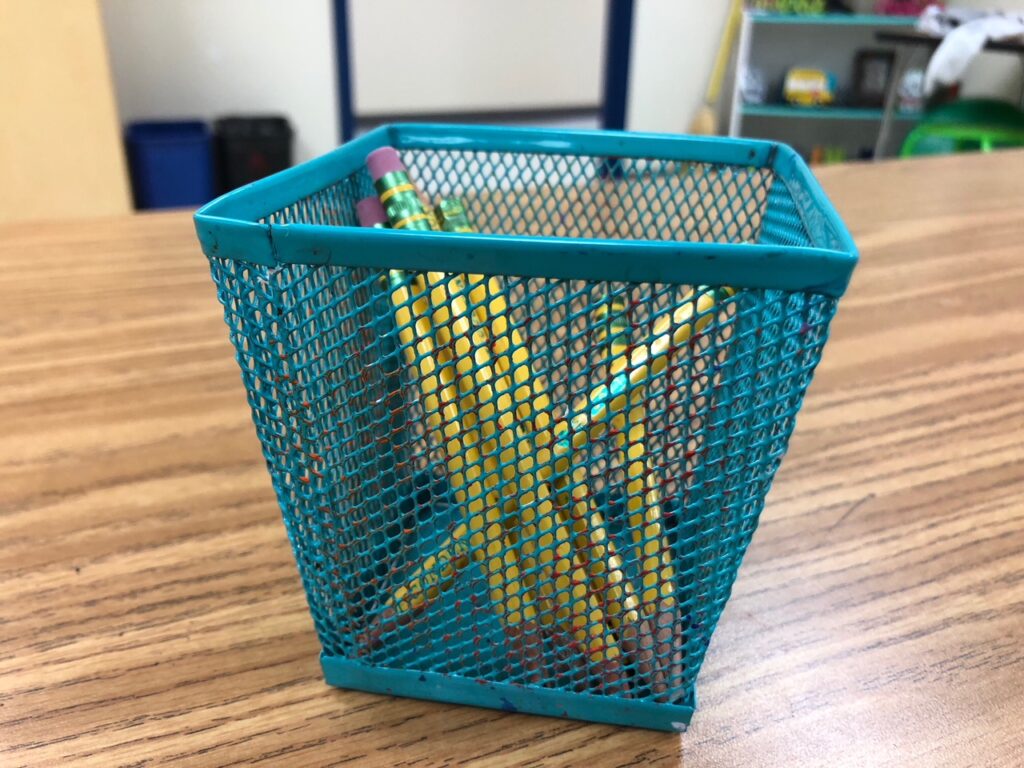
2. All you can think about is how you won’t have to wolf down lunch in 10 minutes and how you can go to the bathroom anytime you want!
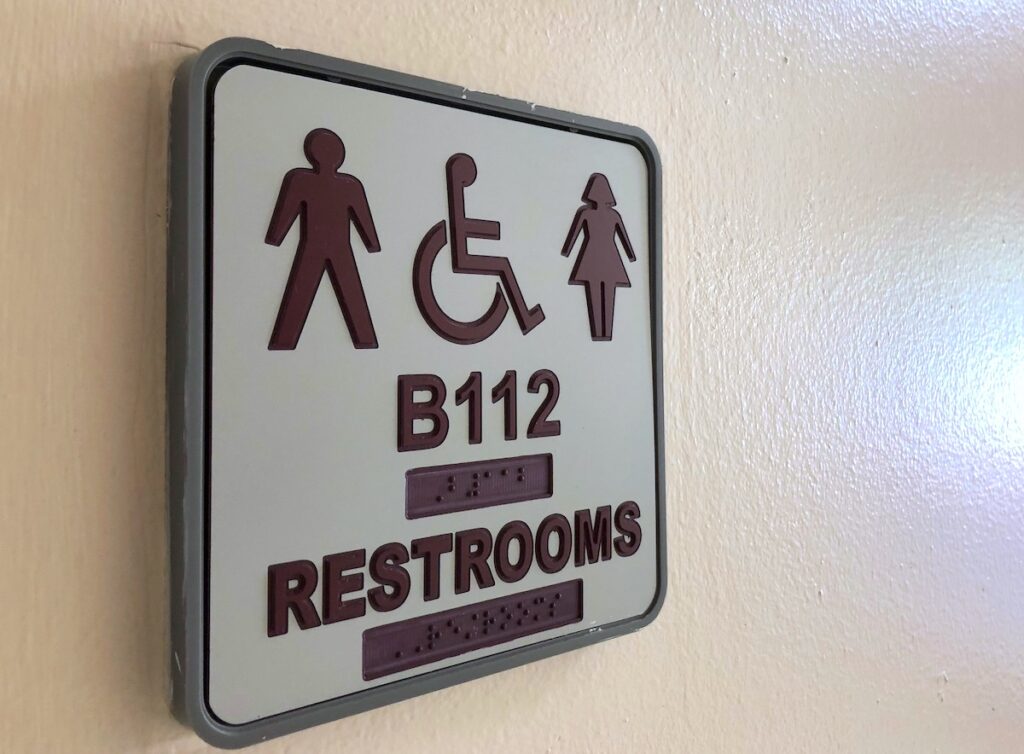
3. You’re on the 6th day of indoor recess due to the cold. Enough said.

4. You haven’t seen the sun in a month because it’s dark when you get to school and dark when you leave.

5. You had to put a sign on your door to let other teachers know you are out of glitter and sequins.
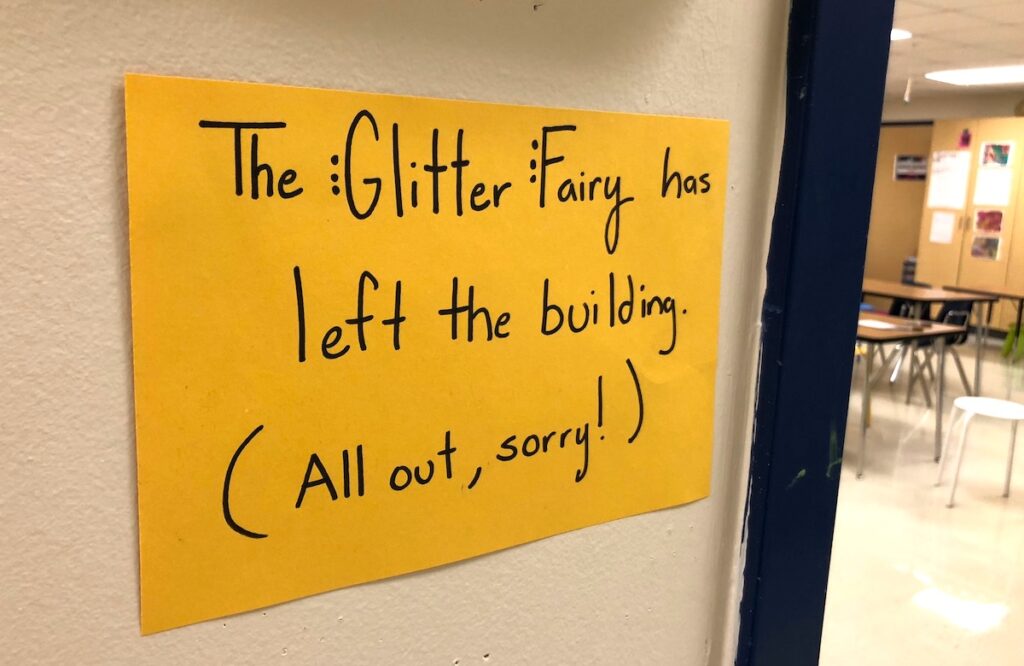
6. You are ready to be gifted new clothes because everything you have has at least one or two drops of paint on it.
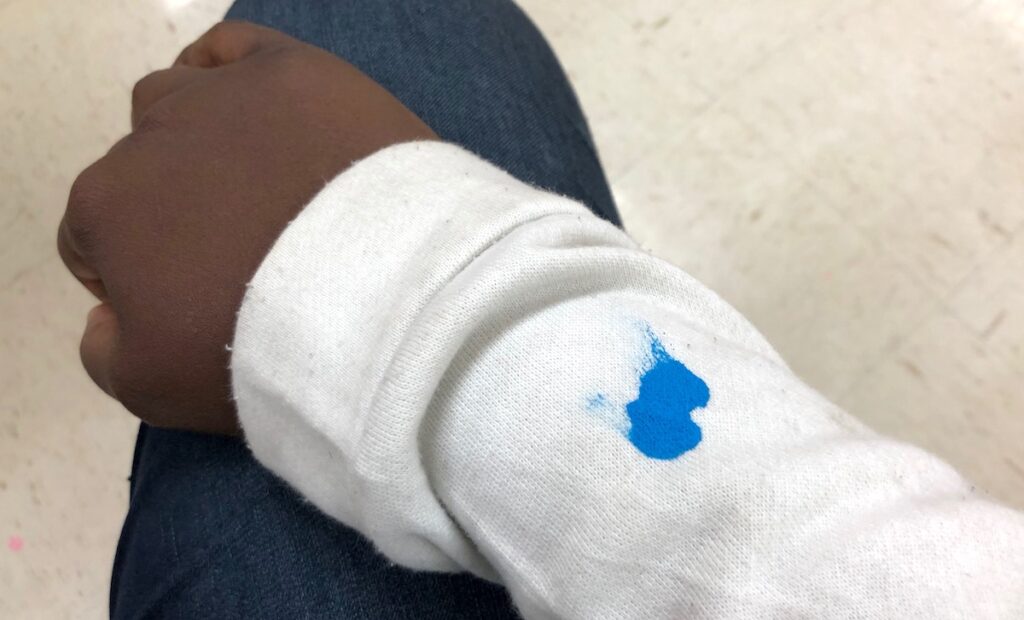
7. You have alarms set for 5:45 am, 6:00 am, 6: 15 am…The struggle is real.
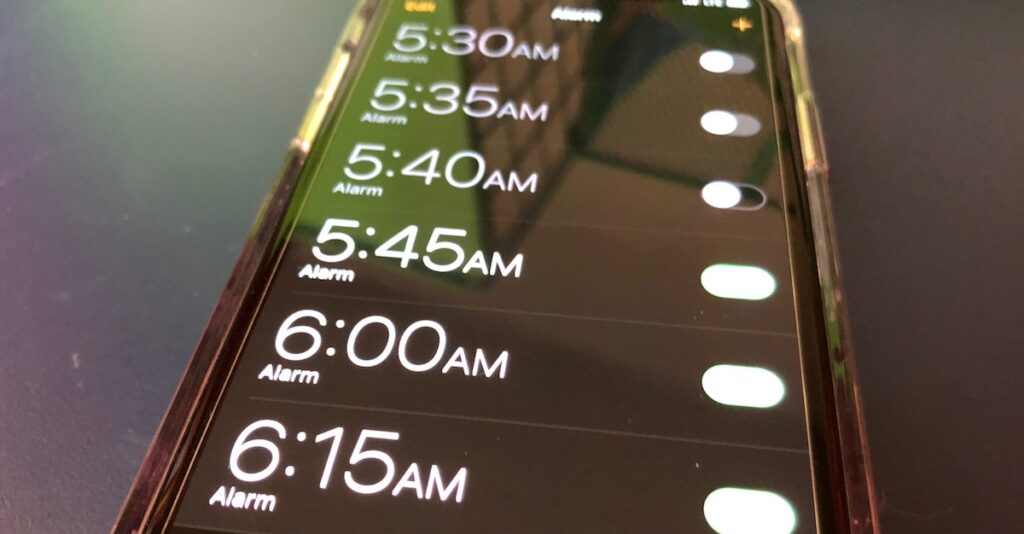
8. You’re tempted to show movies these last few weeks. But of course you wouldn’t do that…or would you?
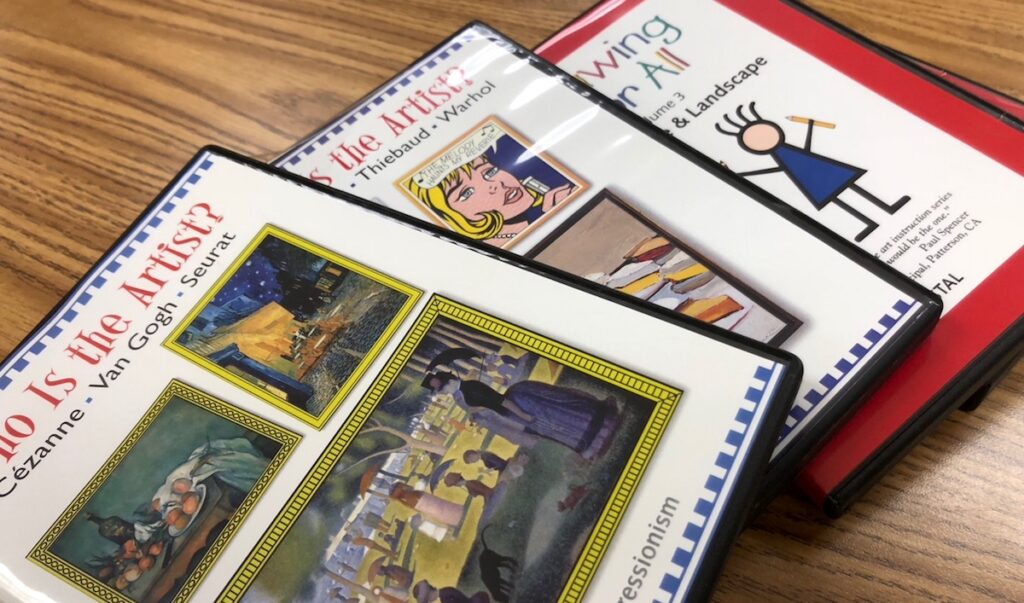
9. You are no longer telling students to lower their voices over and over again. You’ve just embraced the chaos.
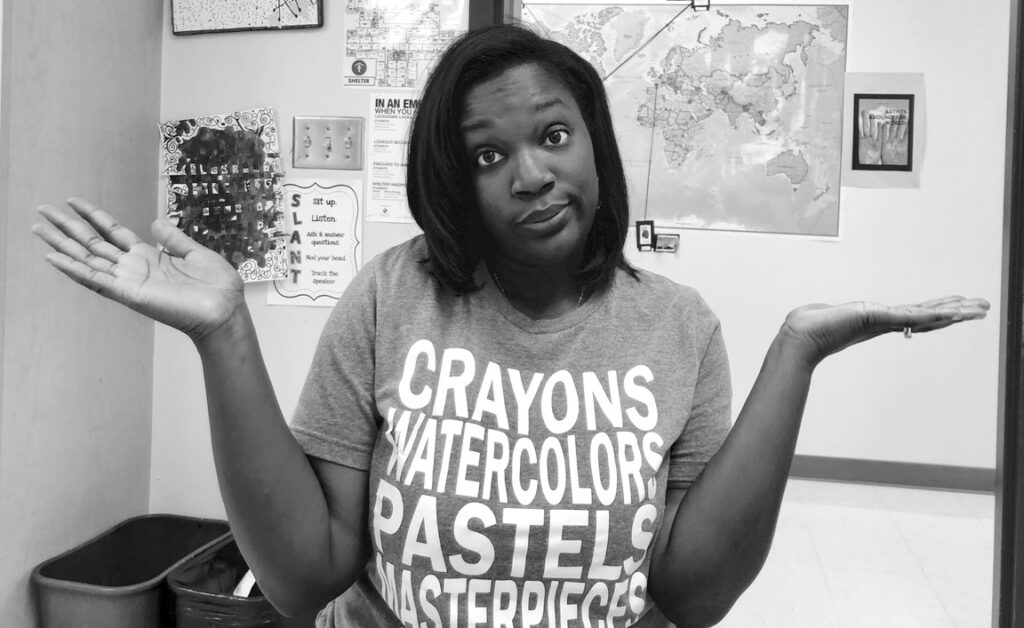
Debi West, AOE writer and instructor, puts a positive spin on this list with number 10…
10. The kids are tired, you’re tired, and everyone is ready for a much-needed break. The new year brings a new beginning, and what’s more fun than that?

So rest assured; winter break IS coming. So just hang in there and do what you do best…teach art! You’ve got this!
What reason would you add to this list?
What are you looking forward to during winter break?
Magazine articles and podcasts are opinions of professional education contributors and do not necessarily represent the position of the Art of Education University (AOEU) or its academic offerings. Contributors use terms in the way they are most often talked about in the scope of their educational experiences.
